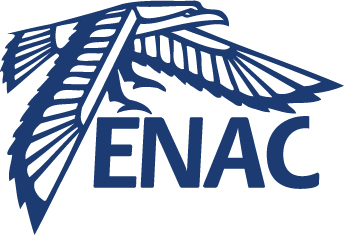Producing Homogeneous Goods to Survive Competition : a Theory of Minimal and Maximal (Quality) Differentiation (new version, 2011)
Résumé
This article is concerned with the analysis of quality competition when the distribution of tastes is not restricted. Our aim is to delineate some conditions under which the market provides different qualities when firms choose first qualities, then prices. Specifically, we give a complete unique characterization of the equilibrium in duopolies where the set of subgame perfect equilibria is not finite (we call these problems non-regular). We show that a unique perfect equilibrium exists in both regular and non regular models of differentiation. As a consequence, we give conditions on the space of qualities (bounds) for differentiation to arise, which can be used as a regularity test. The contribution of this paper is two-fold. First it establishes the principle of minimal differentiation with vertical attributes under perfect information (i.e. the principle stating that the set of unique and shared locazion may not be empty). Second, it stresses the links between competition with homogeneous and differentiated products unifying both paradigms.
